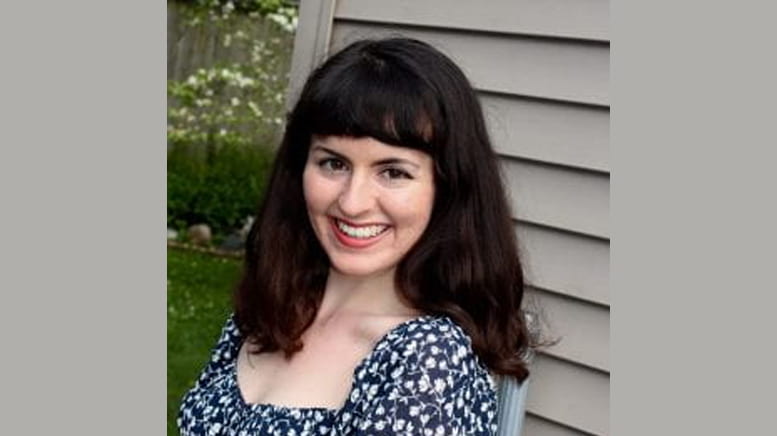For many, receiving the Fulbright Fellowship is a chance to travel the world, be immersed in a new culture, and advance in a specified field. During a global pandemic, however, the path for Fulbrighters remained uncertain.
Lois Biggs ’20 found out in August that she would be able to start her Fulbright on time and arrived in the United Kingdom in September. In the months since, she has explored Yorkshire, made new friends, and experienced — virtually — Leeds’s art and music scene.
“The circumstances are strange and sometimes challenging, especially given the current lockdown,” said Biggs, who is enrolled in a master’s program on the social and political dimensions of art history at the University of Leeds.“I am so happy to be living in my host country! My time here may look different than I imagined when I applied for the Fulbright award, but I am experiencing the personal growth and building the community connections I envisioned throughout the application process.”
Biggs chose her program for its emphasis on critical, consistent engagement with the social world and said it has helped her “make sense of a world in flux.”
Lois Biggs is an art history and comparative literary studies double major, and is working on an honors thesis on embodied place-making practices and decolonization at the Indigenous occupation of Alcatraz in 1969-71, and Algerian protests in Paris in 1961 during the Algerian War. CNAIR has funded her work with an undergraduate research award.
To view all Fulbright recipients, see the Northwestern Now article Fulbrighters demonstrate flexibility and resiliency.

